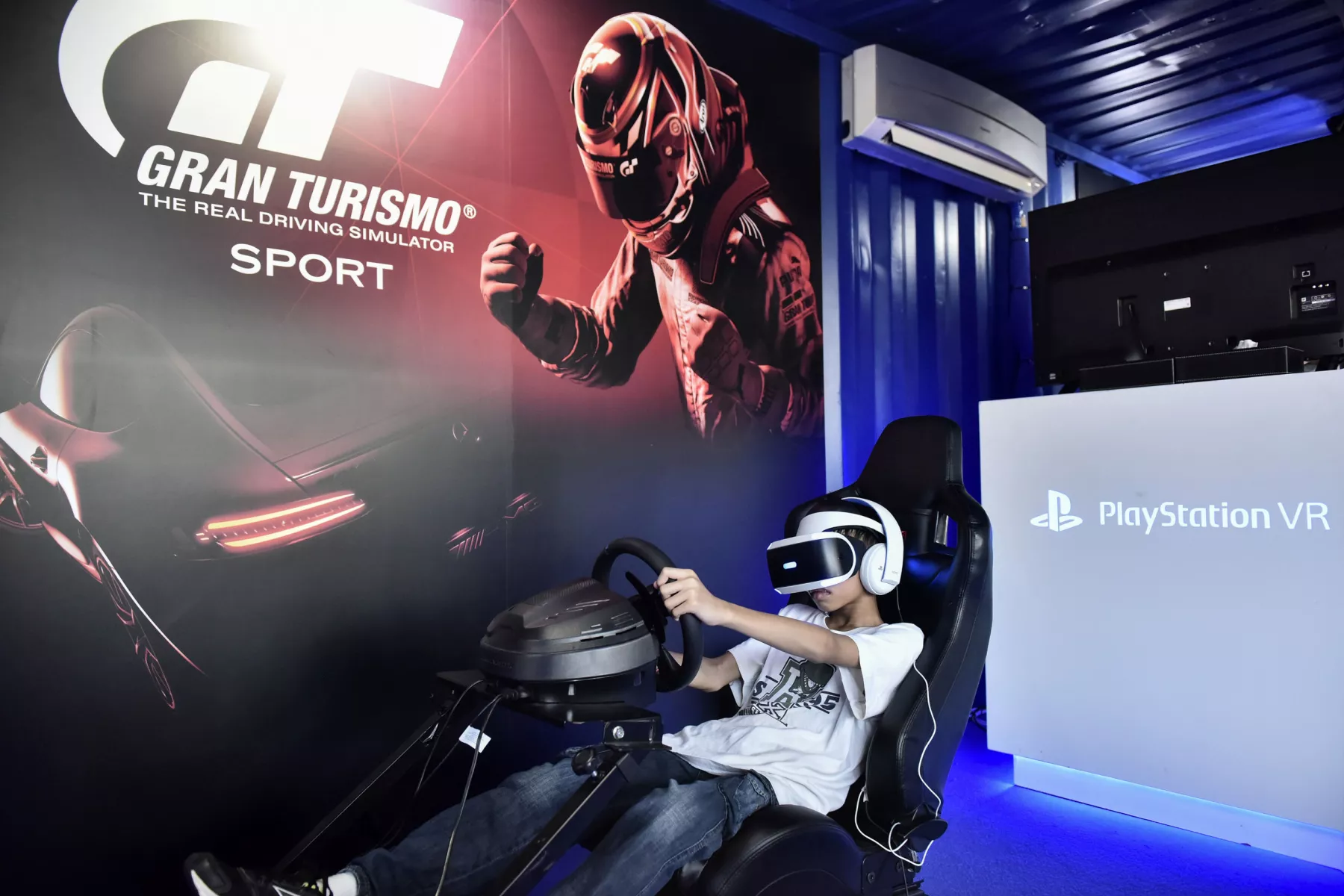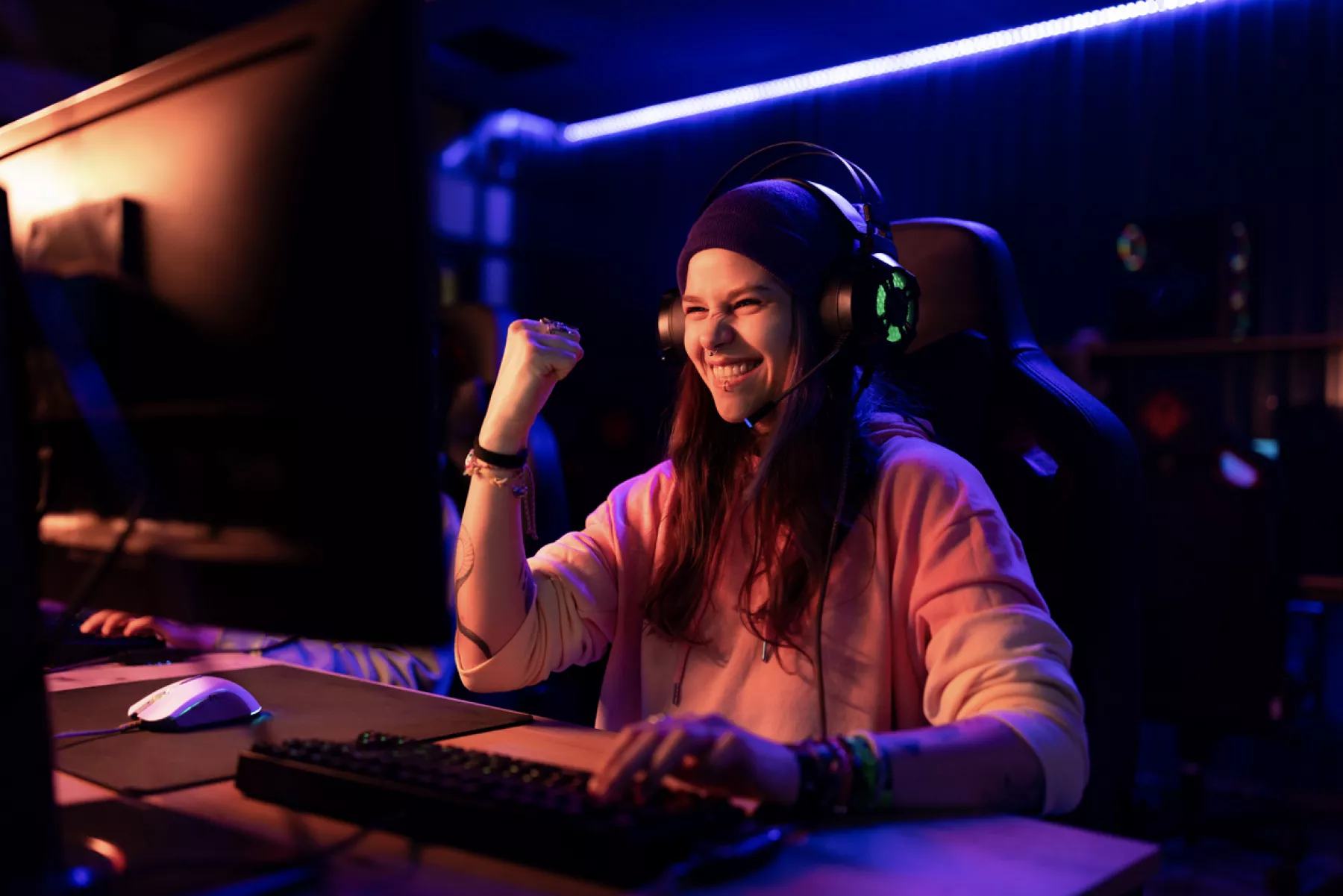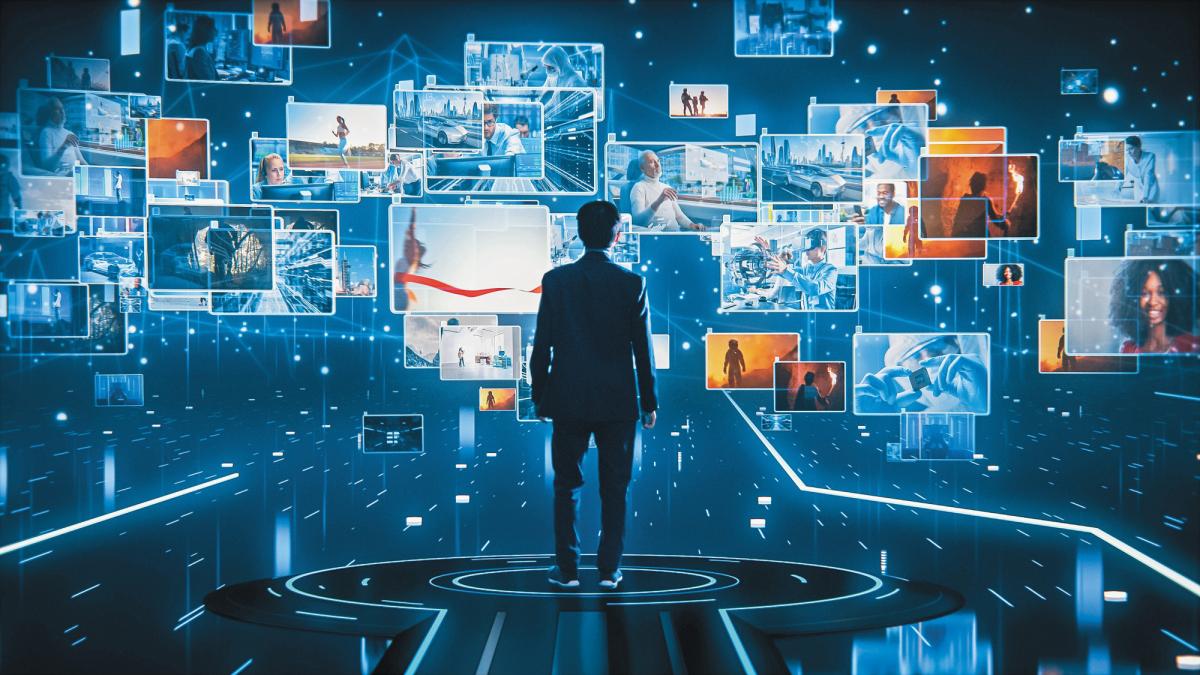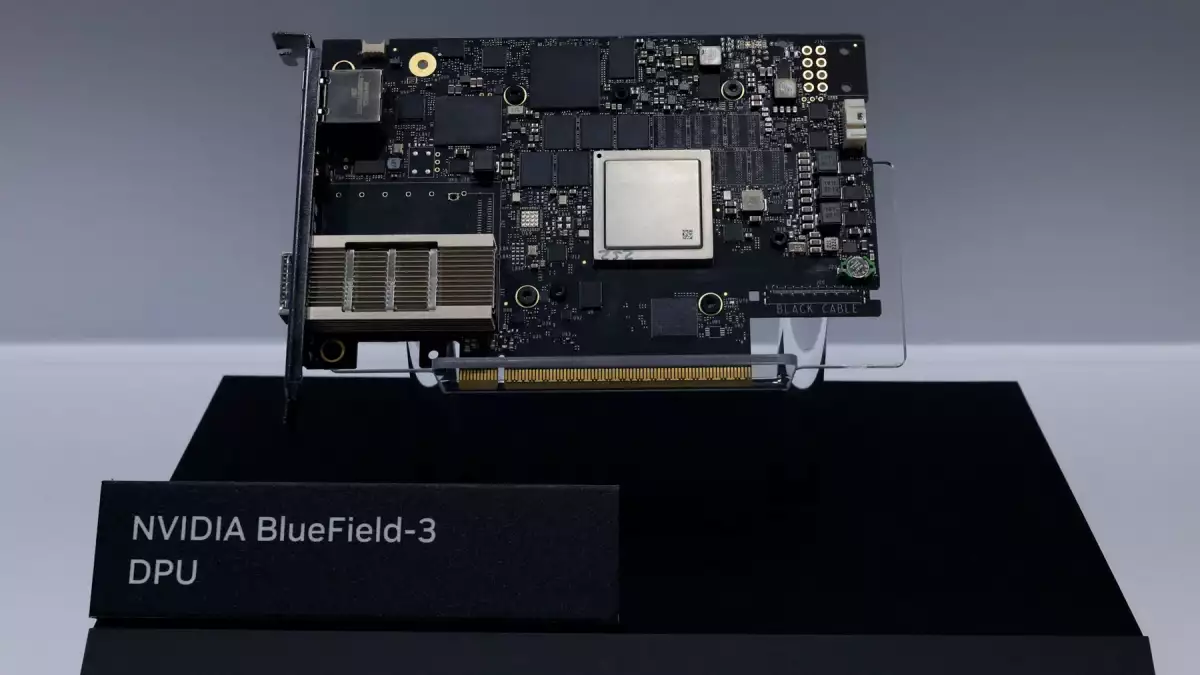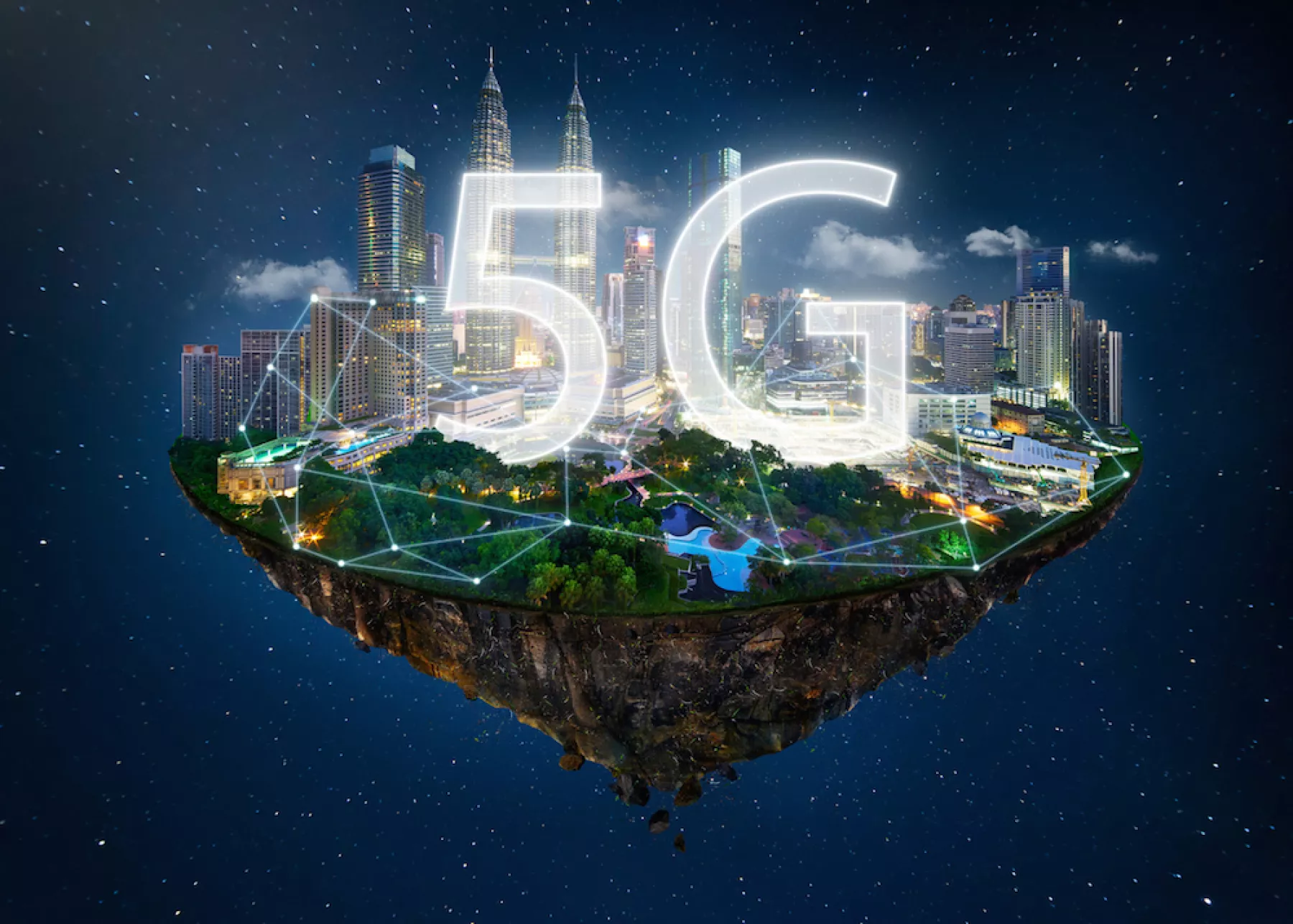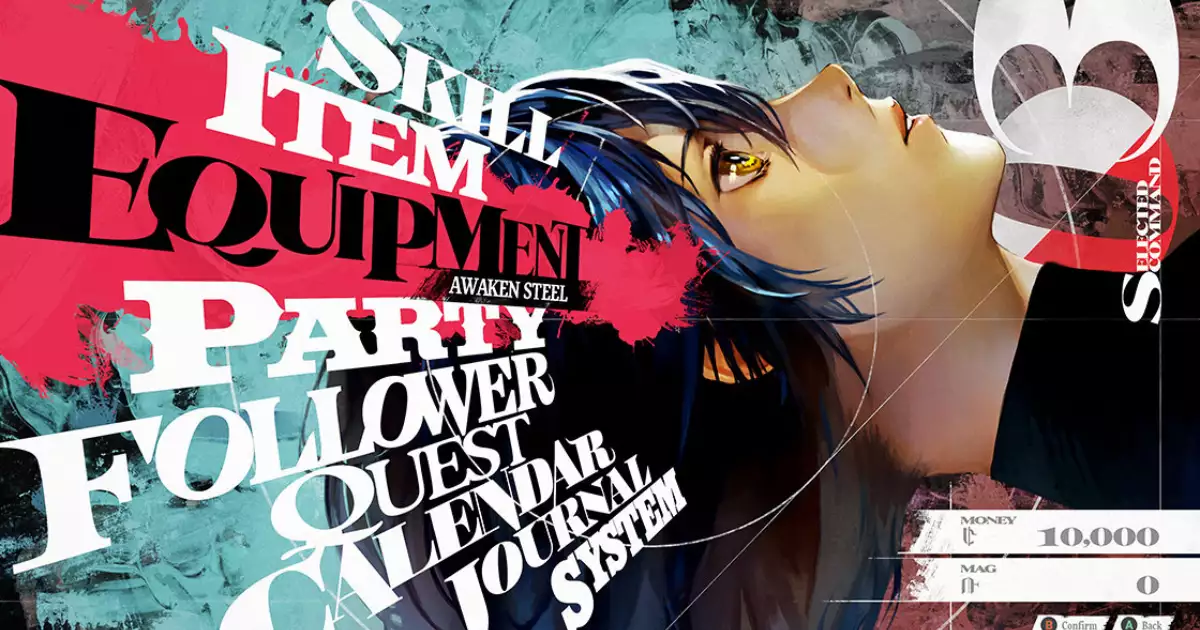
Metaphor ReFantazio: When a video game helps you overcome your anxiety
Interview with Katsura Hashino, video game producer, who talked about the new production from Atlus and the creators of the Persona saga.
Anxiety is a feeling that we all deal with, but not all of us know how to handle it in the best way. Along the way, we each learn to cope with it, sometimes in our daily routine, sometimes with therapy, or even by remembering great moments that define our destiny.
Today, it is possible to find many scientific and artistic works that help us understand anxiety and overcome our own. Literature, music and cinema have addressed this emotion, and now, a video game has too.
We spoke with Katsura Hashino , director and producer of the acclaimed Persona video game series . He and his team at Atlus present a new video game called Metaphor: ReFantazio , a production of the Japanese Role Playing Game (JRPG) genre, which moves away from the contemporary Persona settings to delve into a fantastic world and story.
You control a young man named Elda , who, always accompanied by Gallica , a charismatic and perceptive fairy, must travel through the United Kingdom of Eucronia , a land with medieval overtones and conflicting tribes, which little by little, through different winks, reveals itself to be a reflection of our real contemporary world and to have a mysterious connection to it.
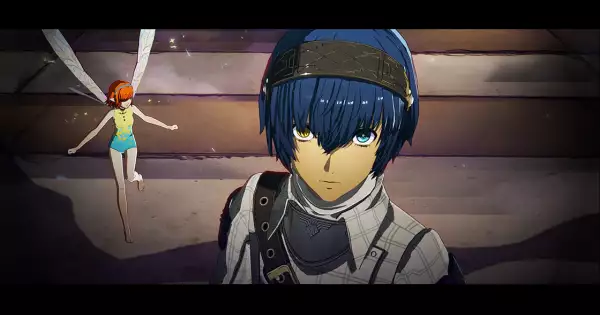
Metaphor maintains a design and structure quite similar to that of an average RPG: turn-based battles, use of magical powers, a team with diverse skills and plots, an experience system that rewards you with more skills after each fight won, and a deep story full of allies and enemies that little by little reveals an evil conspiracy.
Hashino tells us that the intention behind creating this fantasy world, which works as a reflection of the real world, is that when you finish playing, you feel like you brought something back with you. He describes this experience as “a vacation in a fantasy world.”
In Persona, the story is very modern and (the characters) gravitate towards one location… In Metaphor it's a fantastic journey with many locations to visit.
Aside from some gameplay mechanics like a calendar that forces you to manage your time to accomplish goals, what makes Metaphor special is “anxiety” as a theme throughout the experience.
Anxiety remains a discourse and almost a character in the story. Heroes, civilians and even villains suffer from it, either because of the destinies that were entrusted to them or taken away from them, the uncertainty regarding the consequences of their actions and those of others, and their ability to face what will happen the next day.
Through conversations with the inhabitants of Eucronia and even in combat, anxiety manifests itself not as a curse that falls upon the protagonists, but as a paralyzing but natural state that one must learn to deal with.
“We wanted a simple theme, because this was our first time making a fantasy RPG,” says Hashino. “Everyone suffers or has suffered from anxiety. It’s a basic human emotion… Anxiety to the point where it stops you. It keeps you in one place. Happiness goes out of reach when anxiety becomes too much.”
For the artists at Atlus, one of the biggest inspirations when designing this fantasy world, Hashino reveals, was the work of 15th-century artist Hieronymus Bosch , famous for paintings such as The Garden of Earthly Delights, Death of a Miser, and several others that reference saints and stories from the Christian religion.
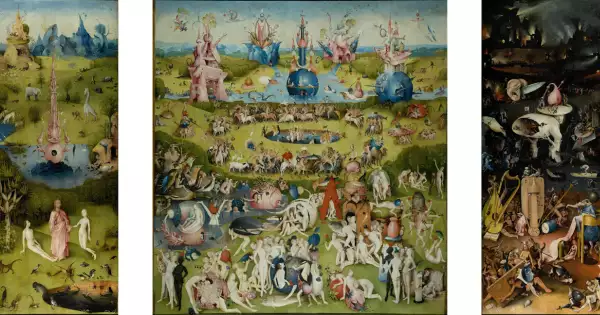
This inspiration was guided by the desire to create a fantastic world from the imagination of someone in the contemporary world; they avoided falling into common places like elves and trolls, to allow themselves to imagine dazzling spaces that fulfilled the objective of inviting the player to take a step, to want to see more and make this journey into the unknown, but wonderful.
One of the resources with which the heroes under your control can defeat enemies are “archetypes,” transformations that provide great special powers to attack and defend in combat; the important thing about archetypes is that they come from within the characters, they are not an external help that is given to them. That is to say, to face challenges, you do not use something magical that was given to you, but something powerful that is within you.
A game where we help players overcome their anxiety, inviting them to take a step, a step towards new places.
Hashino points out that what makes games special compared to movies and anime series that can also tell similar stories is that in those media they address someone else's story, but in video games, especially role-playing games, you are the character, you are the one who lives it. “Creating that role is a challenge, and it's something we don't want to be forgotten.”
That possibility that video games offer is the reason, Hashino tells us, why he wants to continue developing more works like Persona or Metaphor; although he would like to try other genres, he feels that there is still a lot of potential to explore in RPGs, and he does not forget that these productions are teamwork, a team vision and not that of a single person.
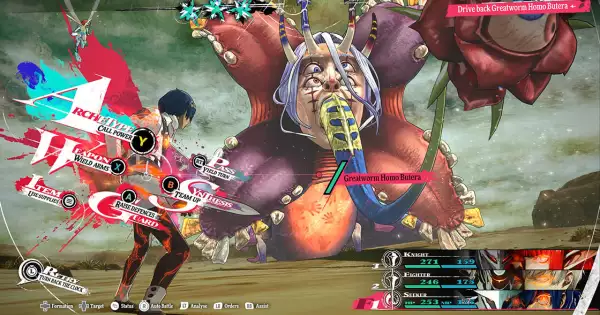
Leave a comment:


Tranding News



